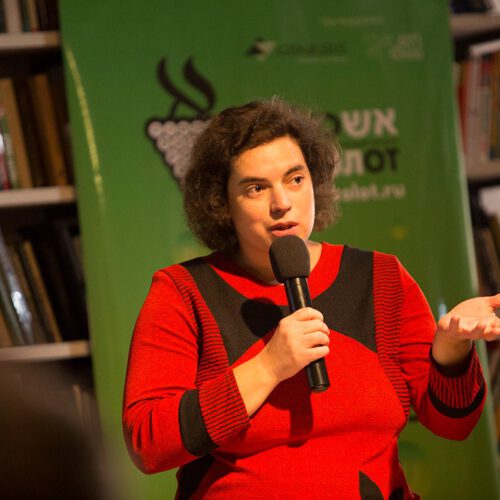Philologist, ethnographer, and folklorist, associate professor at the Russian American Center for Biblical and Judaic Studies and the Center for the Study of Religions of the Russian State Humanitarian University, Deputy Director of the Museum of Jewish History in Russia
Euro-Asian Jewish (EAJ) Policy Papers, No 24 (August 2019)
Jewish museums in the former USSR and in the world: aims and significance
In most countries of the modern world, Jewish museums have become an indispensable component of cultural life. In Europe, the history of the establishment and development of Jewish museums is mostly related to feelings of guilt and responsibility for the Second World War tragedy by the governments of the countries, where the museums are located. In Israel and the United States, the main subject of the Jewish Museum is the history of the success of the people that overcame the Holocaust, and in the post-Soviet space, it is reviving Jewish life in traditional community centers. The two largest Jewish museums in the post-Soviet space are the Jewish Museum and Tolerance Center and the Museum of Jewish History in Russia.
For the full version of this article in Russian please follow the link.
Facebook
X
Linkedin
WhatsApp
Telegram
Print
Expert's opinions may not coincide with the official position of the Institute for Euro-Asian Jewish Studies and the Euro-Asian Jewish Congress
